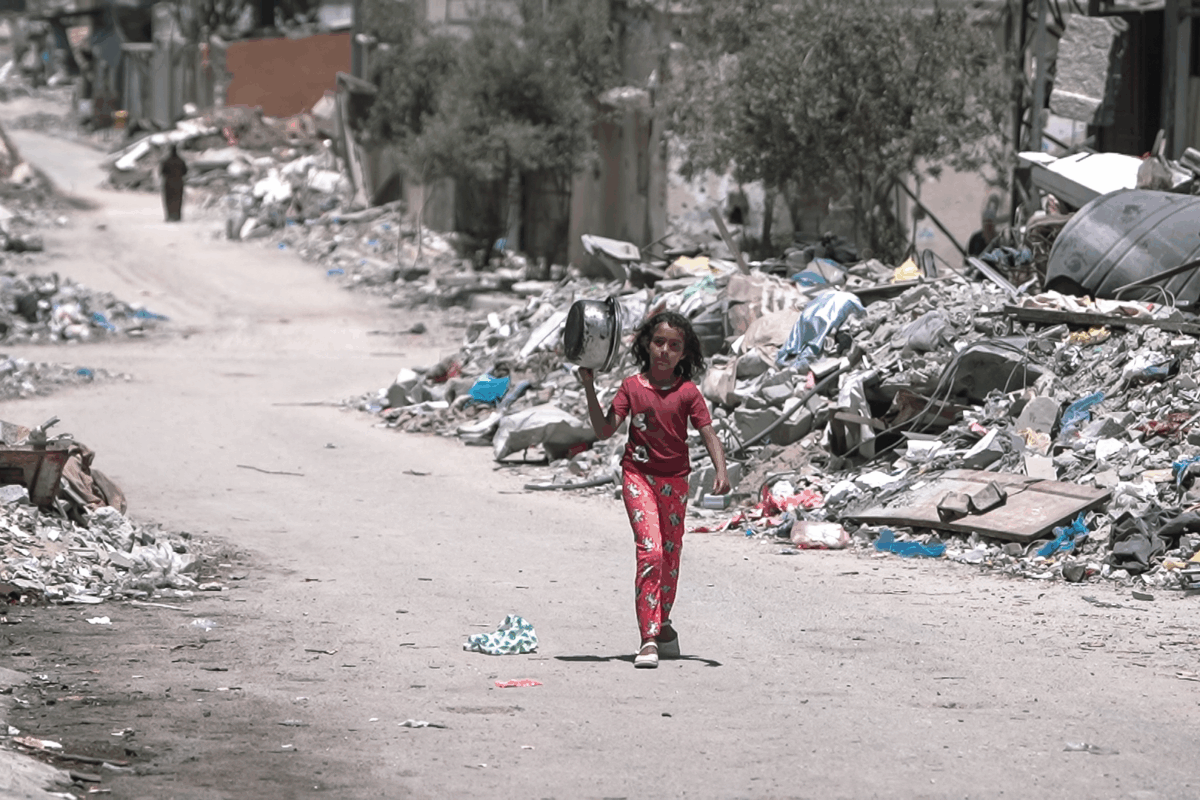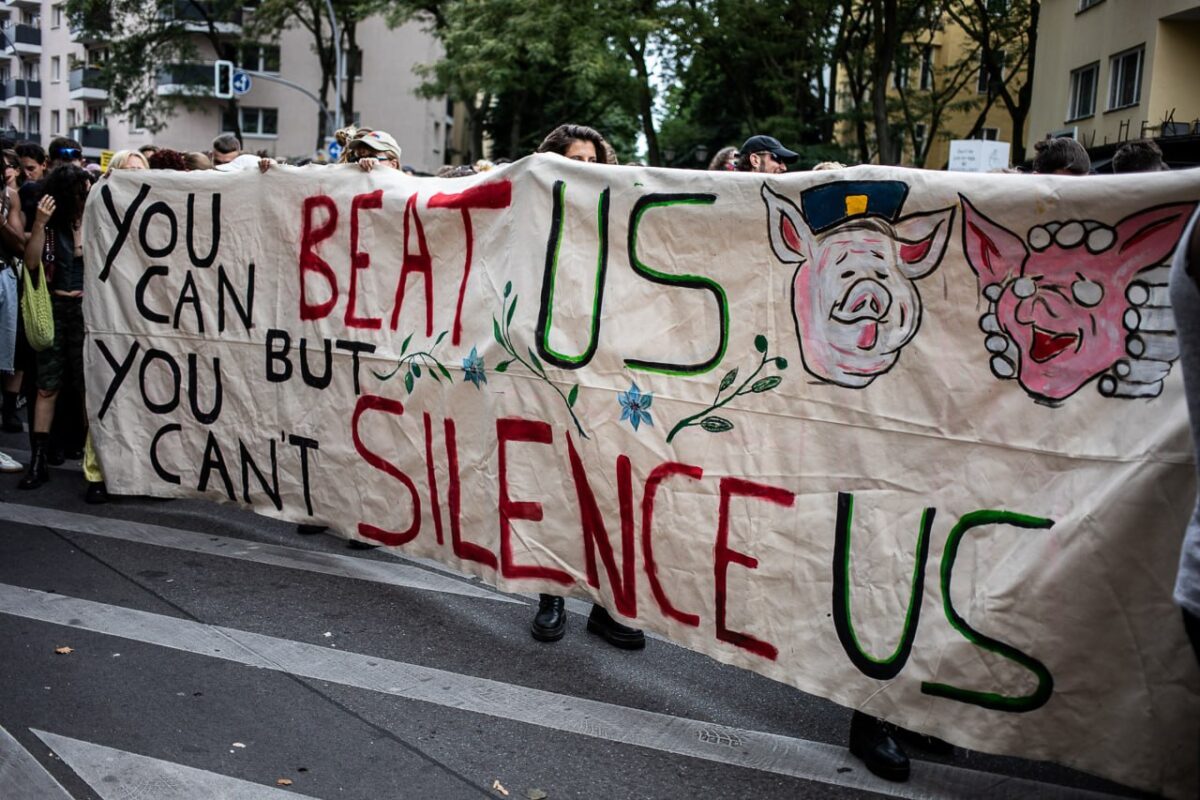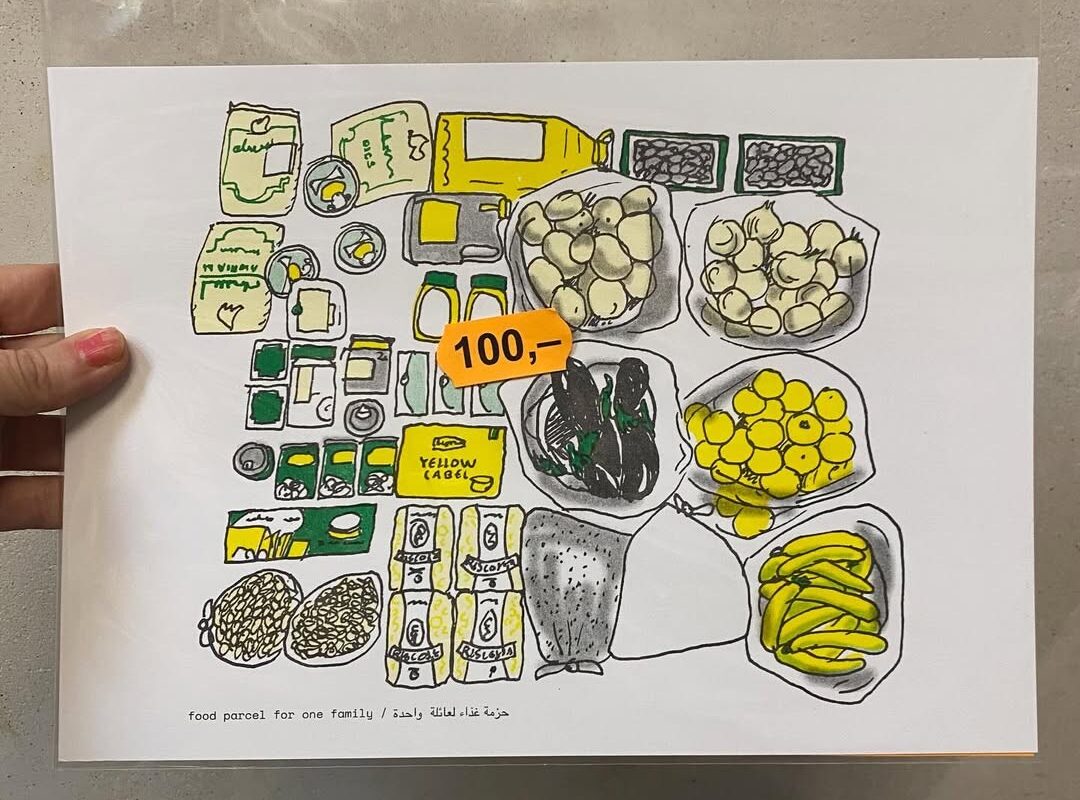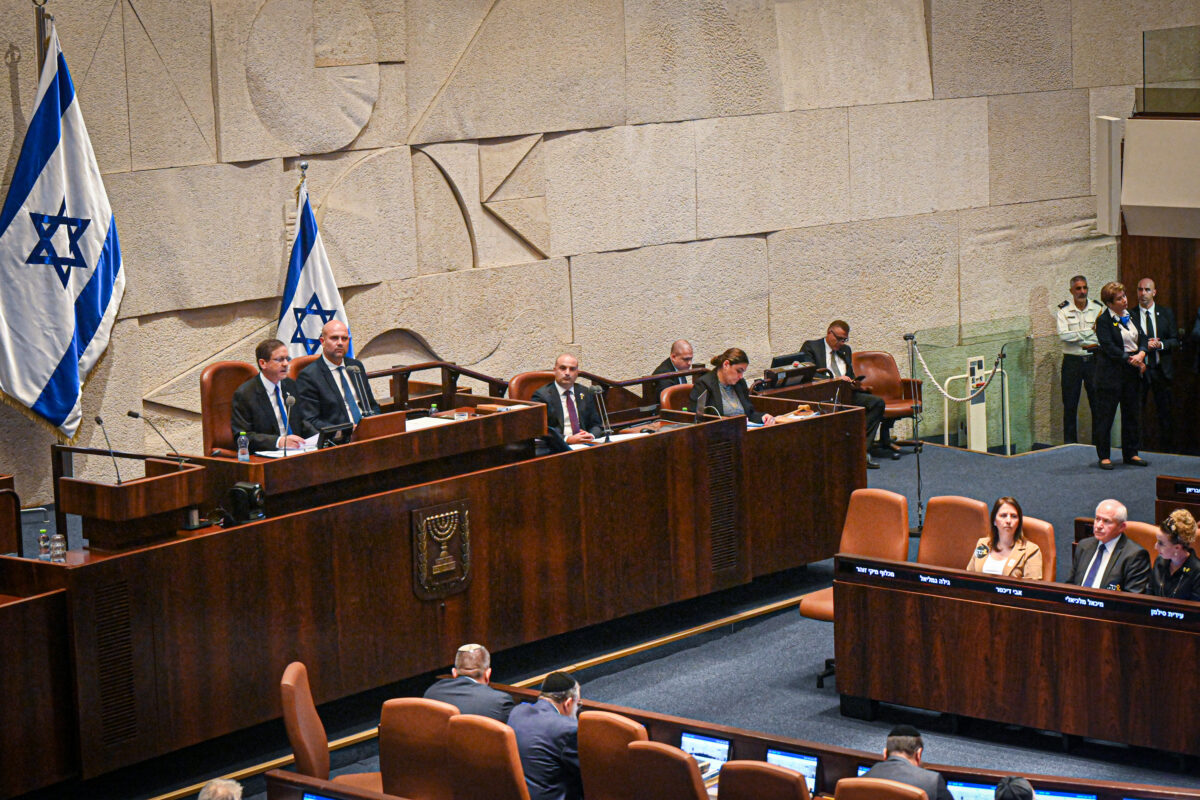As contemporaries of a live-streamed genocide in Gaza, we are urgently challenged by new definitions of sovereignty and power over life and death. The philosopher Achille Mbembe wrote in his book Necropolitics, ‘Sovereignty consists in exercising control over mortality and defining life as the deployment and manifestation of power.’ In this work, two seemingly disparate paths intersect: postcolonial criticism and the biopolitical framework of Foucauldian criticism, which focuses primarily on the history of European modernity.
Although Michel Foucault never systematically formulated a theory of biopower, he developed the genealogical principles for understanding the evolution of power in the classical era. At the beginning of the modern era, power was reconfigured under the figure of disciplinary power developed in Foucault’s book Discipline and Punish. The evolution of power to biopower obeys the development of knowledge over bodies and biological species. In his History of Sexuality Vol. 1, Foucault wrote: ‘… focused on the species body, the body imbued with the mechanics of life and serving as the basis of the biological processes: propagation, births and mortality, the level of health, life expectancy and longevity, with all the conditions that can cause these to vary. Their supervision was effected through an entire series of interventions and regulatory controls: a biopolitics of the population.’ (p. 139) For Foucault, the era of biopower is constituted by the invention of biological species and statistics, as expressed in the theories of biological determinism and eugenics.
Philosophers such as Giorgio Agamben have placed special emphasis on investigating bare life, that is, when life is in that liminal state between life and death, between human and animal life. In Homo Sacer III, Agamben develops a detailed analysis of the psychological annihilation of the so-called ‘Muselmänner’, as those ‘living dead’ in Nazi concentration camps were contemptuously called. Muselmänner reflects the link between ‘voluntary’ psychological breakdown as a kind of defense mechanism for self-preservation in a system based on extreme dehumanisation. This case compels us to think about biopower concerning a policy of dehumanisation and the resulting fragile division between human life, naked ‘bare life’, and animal life. Because dehumanisation became a state project, scholars investigate both the Holocaust (in Agamben) and racial theory and eugenics (in Roberto Esposito) through the lens of biopolitics and biopower. Today the reality in Gaza increasingly resembles that state of exception, which brings us back to the horrors of a liminal state that hangs between human life and animal life—a state of exception that dangerously becomes the norm, as Walter Benjamin once wrote.
The reality of Palestinian suffering in the Gaza Strip compels us to continue the work of academics such as Rodrigo Karmy Bolten and Mauricio Amar Díaz and unify both currents of thought to understand our present: the decolonial critique and the biopolitical genealogy, These scholars have made a detailed historical-sociological analysis of Israel’s colonial occupation of Palestinian land, showing that sovereignty, imperial law, and power are closely tied to the exercise of biopower, which encompasses optimisation, control, and definition over life, drawing dividing lines between the ontological spaces of humanity, subhumanity, and animality. These definitions are an intrinsic part of the surveillance, apartheid, and genocide as the technologies of death inscribed within the colonial biopolitical project of messianic Zionism, each of which illuminates certain aspects of control over these ‘subhuman animals’. In Gaza, nobody is safe, nobody is innocent. Sadly, all the horrific dehumanising metaphors once used by the Nazis are now being applied with ferocity and impunity to the Palestinian population. We are witnessing such an application of power and violence that the distinction between life and death becomes irrelevant. Mohammed El-Kurd wrote in the first pages of his book Perfect Victims:
‘We die a lot. We die in fleeting headlines, in between breaths. Our death is so quotidian that journalists report it as though they’re reporting the weather: Cloudy skies, light showers, and 3,000 Palestinians dead in the past ten days. Much like the weather, only God is responsible—not armed settlers, not targeted drone strikes.’
And let’s have a look at the lucid reflection on systematic dehumanisation by Lebanese writer Lina Mounzer in the piece A Year of War Without End:
‘It’s that some of us are so deliberately dehumanized that no description of the barbaric manner of our suffering or deaths could suffice to prove our humanity. In fact, the greater the barbarism, the more insistent the gleeful assertion that we deserved it. The West seeks to preserve the image of its own humanity at the complete erasure of ours. How can they be guilty of murder when those they kill are merely “terrorists” or “human animals”? In fact, not only are they not guilty of murder, they are heroes, cleansing the world.’
Despite these overwhelming displays of power and cruelty, of declared indifference to the lives and deaths of these old figures of ‘colonised subjects’, ‘Arabs’, ‘Muslims’, or ‘terrorists’, the concept of the ‘West and the rest’ takes on a new meaning when it comes to evaluating which lives deserve preservation and which do not. Despite the forces that drive these lines between ‘humanity’ and ‘subhumanity’, the Palestinian population refuses to surrender to this process of total dehumanisation. They resist even while witnessing and filming their own process of annihilation; even when death seems a thousand times better than the suffering their life represents. They show the world the true face of this war of extermination waged against them.
But the desire for control that emanates from this imperial and colonial project focuses above all on the way in which these systematically dehumanised bodies are portrayed. This is where the struggle for definitions and narratives becomes pivotal. Despite efforts to shield, defend and justify the genocide in Gaza at any cost, the meanings of sovereign power, and its war and media machine—coined the ‘Military-Industrial-Media & Academic Complex’ (MIMAC) by peace researcher Jan Oberg—are shattered into a thousand pieces by the growing resistance of the millions of witnesses across the world, those among the civilian population who refuse to be seduced by this constant show of systematic dehumanisation. Actions such as the numerous protests around the world and the Global Sumud Flotilla are perhaps the best example that, in times of genocide as a systemic project, people still have some dignity left. Not the governments, not the media, not the academia, but people.
We need to be aware of the civilisational breakdown that Gaza exposes—the crossroads of sovereign biopower, laid bare as the ultimate power over life and death. Moreover, Gaza represents the ultimate crisis of Western liberalism and its entire discursive apparatus. Here, it is worth recalling the words of Aimé Césaire, who in 1950 said in Discourse on Colonialism, ‘Europe is morally and spiritually indefensible.’ Césaire already knew that so-called European humanism—now perfectly equated with so-called ‘Western liberalism’—has always been selective in considering to whom to apply its humanist recipes. The colonial subject was kept outside the threshold that defined the consecration of human life to which all the appellations of human rights apply. What songs would they sing about ‘democracy’ and Western-style ‘human rights’ in Afghanistan, Iraq, Vietnam, Venezuela, or Palestine?
Today, this same recipe of ontological selection and separation, of who enters the sphere of the human—according to the European and North American imagination—expects us to swallow those pills that would help us to digest the genocide in Gaza as morally acceptable. We are witnessing how dehumanising figures are beginning to be projected onto various groups that those in power have declared to be less than human and are willing to sacrifice in the name of security and perpetual war: from ‘Palestinians’ to ‘immigrants’, from ‘left-wing dissidents’ to those defined as ‘antisemites’ (anti-Zionist jews included). Currently, we observe how different quotas of state violence are applied to each of them. Meanwhile, the European MIMAC is striving to justify this horror, to make us look away and to accept the annihilation of the Palestinian people in the name of Western civilisation. It shows us without a doubt that Césaire was always right: Europe remains the cradle of racism and ontological differentiation through the colour line.
Césaire´s reflections may seem extravagant, but they confront us today with the reality of accepting the suffering of others simply because they do not belong to the same racial divide. Would these governments allow something like Gaza to happen to European citizens? This goes beyond simple hypocrisy; it reflects the deep racism that slumbers in all those consciences that still defend Israel. And let us not fool ourselves that at this stage of the genocide, repeating the zionist talking points of the ‘terror of Hamas’ and the ‘self-defence of Israel’ means defending a genocide.
Suppose we remain silent now that we see this horror unfolding, what will we do when necropolitics and biopolitics are once again reversed, becoming part of the domain of ‘Western democracies’? Who will we turn to for help when the figures of the ‘subhuman’ are applied to us, while our own silence has contributed so much to accepting the dehumanisation of the Other? Let’s never forget the most important anthropological and ethical precept: the Other is me.
Here too the words of Lina Mounzer are powerful:
‘… at this point in the genocide, it has become clear that we aren’t appealing to human beings but to systems. You cannot plead with a system. You must topple it.’




